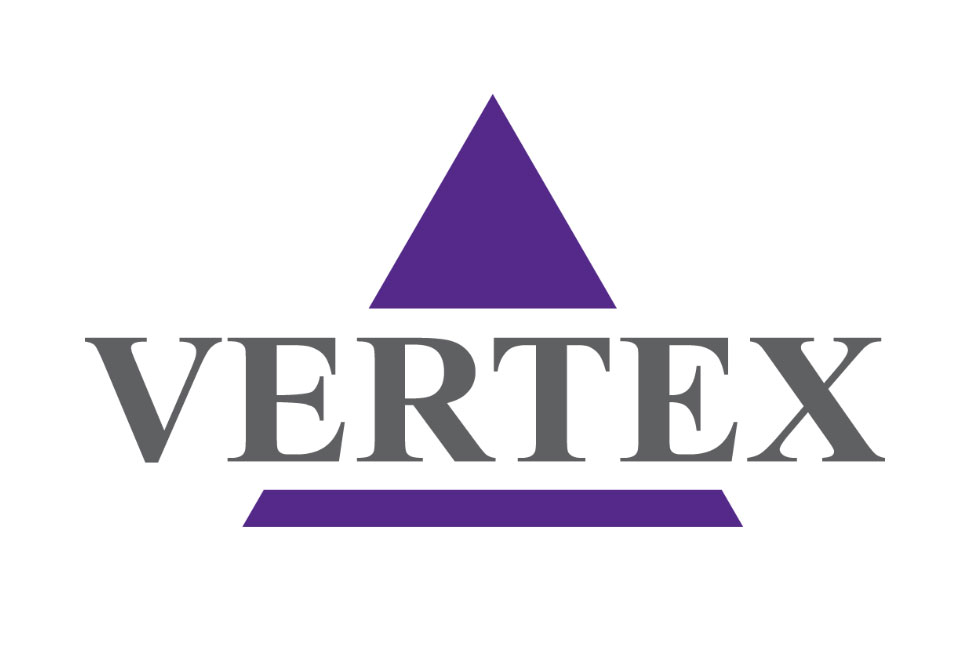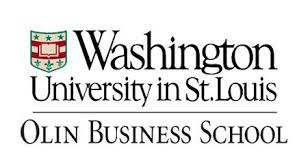I applaud the new “Asian-Americans on the Rise” report by the Pew Research Center. As an Asian-American, I have long felt invisible in official reportings of the American population. In one media report after another, one would be led to believe that America is made up of European-Americans, African-Americans and Hispanics. Asians are often never mentioned. So kudos the the Pew Research Center — we are being counted, recognized and better understood.
One of the key findings is that Asian-Americans are the the highest educated group in the US and that we possess the highest income. While statistically true, this research does not address an incredibly important and non-reported issue, which is about Asian professionals’ earning potential and career advancement given their high levels of education. Here, I know Asians are not even close to meeting their full potential. The report can lead many to sit back, believing Asian professionals are “just fine” and not address important issues about investment in these highly productive ‘organizational assets”.
The 2009 Bureau of Labor Statistics report, Labor Force Characteristics by Race and Ethnicity, bears this out. While Asian-Ameicans account for 7% of the population “Professional and Business Occupations” this number is almost halved to only 4% for “Management Occupations”. I see this reality reflected in my coaching practice, where many of the highly-educated individuals get “stuck” at individual contributor positions in their work. They are perceived by employers to be highly productive because of their strong intellectual capital, strong work ethic and reliability. But they are usually not on the “top of the list” for management position considerations.
Asian-American professionals are often perceived to lack “leadership skills” by decision-makers: Speaking up, expressing opinions, influencing others, being socially adept. The response I get about developing them is often dismaying to me because there is a non malicious but nonetheless, career-limiting perspective that implies, “I don’t think they have those skills” or “I think they are happy where they are”.
But these “leadership skills” are not inborn traits. For immigrant Asian and Asian-American professionals, these are cultural skills they have not yet acquired. What Corporate American culture deems to be “leadership skills” are actually behaviors of the European-American-male-of-the-upper-middle-class. Makes sense given the history of American business. Asian cultural norms are about as diametrically opposed to these norms. Asian cultures expect a show of deference to senior persons, which is about passive acceptance and obedience and non-social engagement with upper ranks. Without understanding that these “skills” are culturally-based, it is understandable why employers would deem Asians and Asian-Americans as not possessing leadership skills. However and importantly, these skills are learnable. I’ve seen it happen.
We all have to do our part to support Asian professionals to reach their full potential. Employers have a leverageable opportunity to view Asian professionals as having leadership potential and thus, help them develop these, very learnable, corporate culture skills. Asian professionals have the opportunity to step out of their comfort zone and view their environment from a new cultural lens. If we do this, everyone benefits — professionals will feel truly rewarded and recognized and employers will increase their return on their highly-productive-individual assets.













